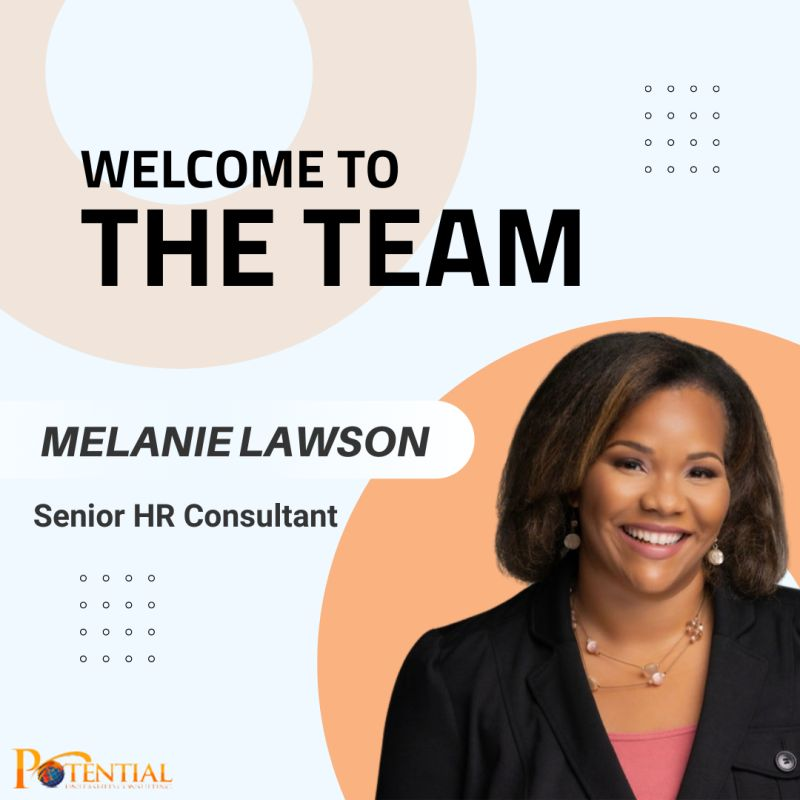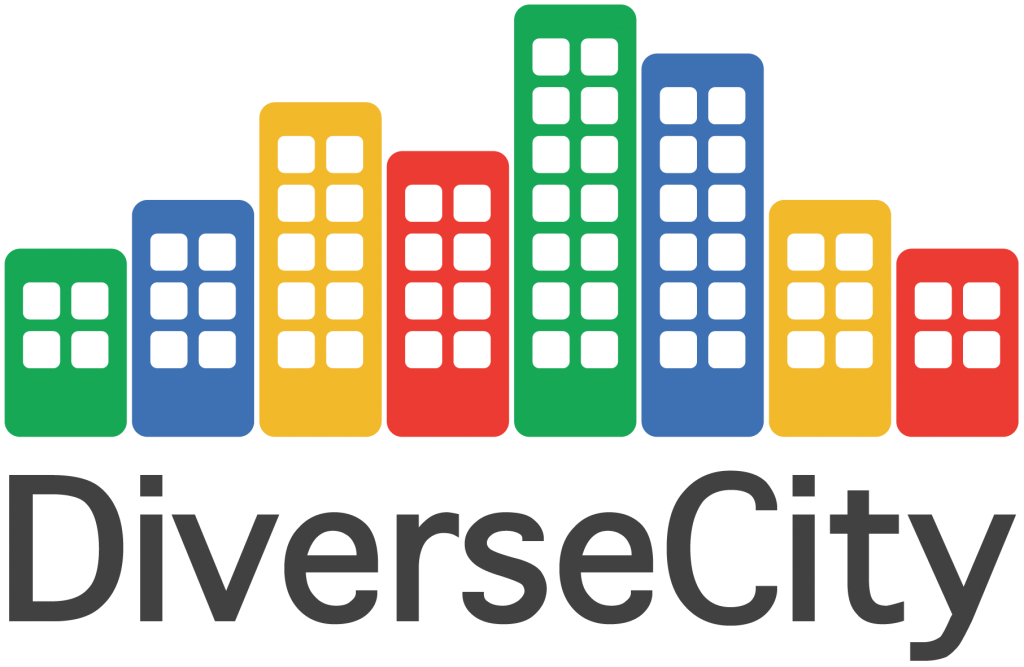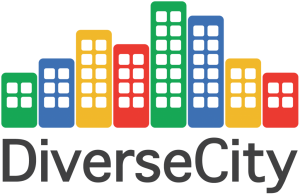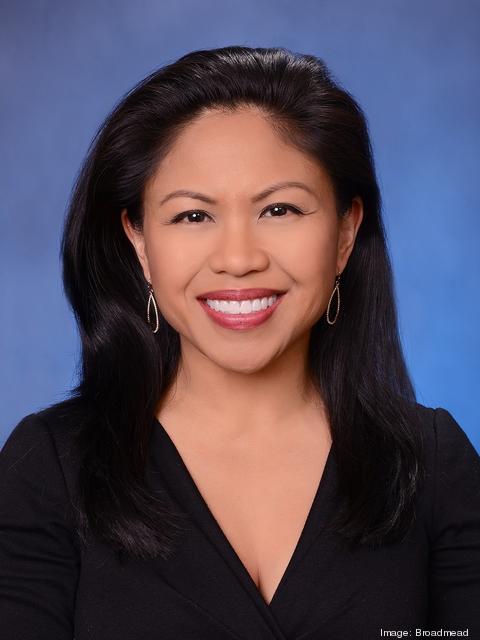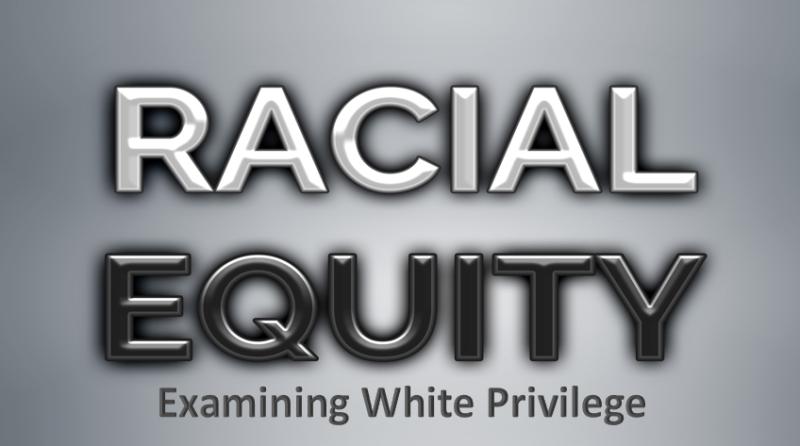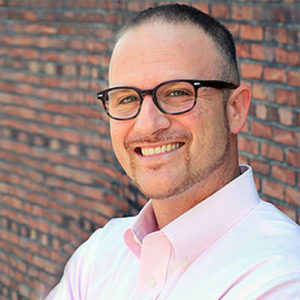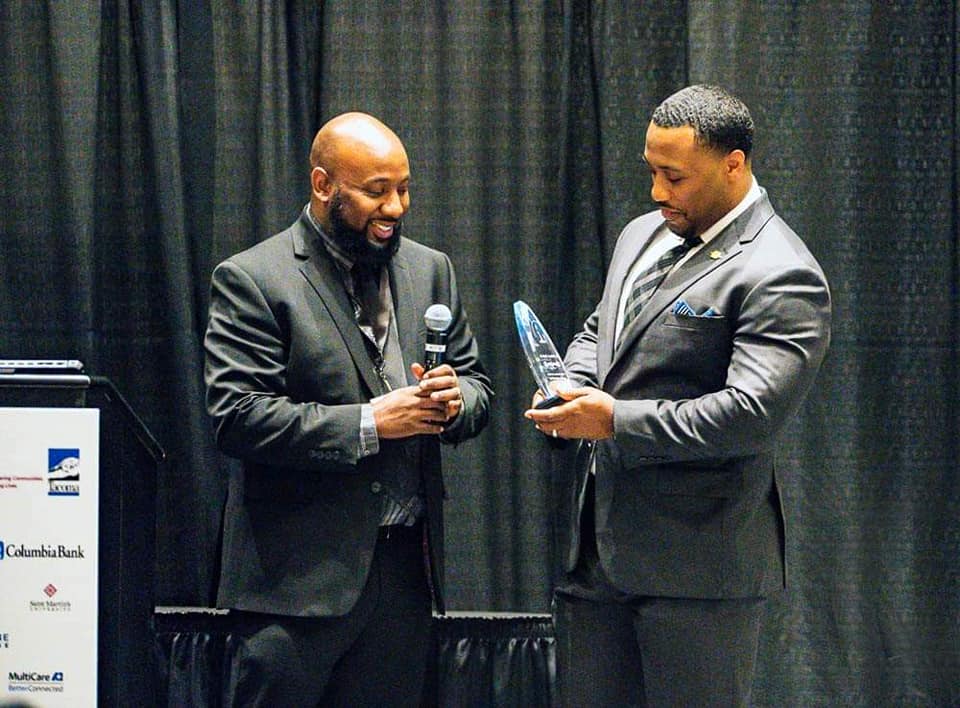
Over the past several years, I have developed a conflicting relationship with the MLK Holiday. My conflict is not with the holiday itself, but with the way many of us “celebrate” it.
I actually elected not to speak at any MLK assemblies or celebrations this year. It was a difficult decision after receiving so many requests.
I wasn’t quite sure what was going on with me.
I love Dr. King and all that he did for us, but why was I feeling so conflicted?
Finally, after some reflection, I realized that I feel that in many ways, the day has lost its true meaning, or at the very least, failed to live to the potential of what it could be.
So in a sense, here is my MLK speech on 5 ways, I believe we are missing the mark in truly remembering the life that was stolen for freedom and justice and how I believe we can move forward in a more intentional way.
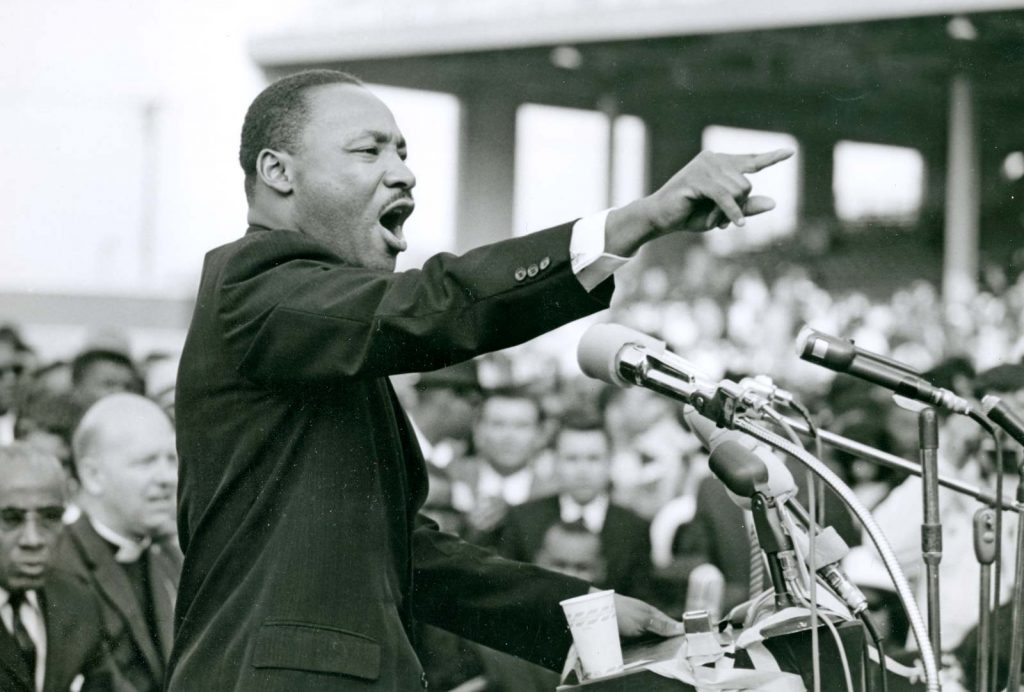
1) We celebrate the words over the work
Dr. King was clearly a gifted orator, but when we focus more on what he said than what he did we reduce him down to a great inspirational speaker.
Who wouldn’t want to celebrate the man who peacefully declared his dream for all people to hold hands and be equal? It is the “safer” part of his persona, the more dignified part.
What we don’t like to talk about or remember is Dr. King the radical, law-breaking, community organizer.
The man who was considered a public enemy. The man who continually put himself, his family, and others in harm’s way to fight for what he believed to be a cause worth dying for.
Even in the way we discuss his death, it is rare that people use the word murder. He was murdered for his life’s work of striving to bring justice, equality, and dignity to Black people.
2) We focus on the outcome over the goal and the work.
The Civil Rights Bill is an outcome we celebrate, but it was not the end goal. The end goal was freedom, justice, equality.
We sometimes forget the tireless work of Dr. King and those who stood with him that made all of this happen.
So what was the work?
To sum it up in one word, it was courage. The work was fighting injustices, something that we still see every day.
Equality is something that has not been reached.
The work was speaking truth to power. The work was being hated on by some whom you were trying to help.
The work was at times wondering if it would ever truly happen and even infused with doubt but also overcoming it.
The work was changing hearts and minds. We still have a lot of work to do, and the work is not always pleasant.
It is dirty, it is sometimes confrontational, just like it was in Dr. King’s day, but the work is still so necessary.
3) We have become passive in how we “remember”
We are celebrating a man whose life was dedicated to action, and yet we have become passive in how we celebrate it.
I once learned that the word “remember” has a different translation in Hebrew than it does in our English language.
In Hebrew, “remember” is derived from the word Zakar, which means to take action.
To employ your hands, feet, and lips into the action that remembrance requires. It’s more than just remembering with the mind.
As we set aside this day to “remember” Dr. King, his life, his legacy we should be doing so with our hands, feet, and lips in action.
4) We have allowed ourselves to become satisfied with awards
First, I want to honor the work of all those who are out there every day working towards equity and justice.
I appreciate you more than I can ever state.
I also believe that awards are slowing us down. The great prize is given at the end of the race but we do need encouragement along the way.
We sometimes sit at luncheons with 300 people honoring 5 individuals who have done great work.
What if we moved that same 305 into a community service project all working together.
Let’s remember that civil rights activists didn’t sit around handing each other awards for great work.
They encouraged each other through phone calls, head nods, messages and more.
They understood that there was no time to sit around and have award banquets for the work because the work itself was too urgent.
It was too urgent then, and my people, the work is still as urgent today as it’s ever been.
5) We have allowed ourselves to believe that the dream has been fulfilled
We fill auditoriums with songs and dances celebrating diversity as if the dream has been realized.
We listen to great speakers inspire us with stories and challenges, and then…we go home.
And it is only 10%, or less, of people who even spend the day attending these things; while the other 90% enjoy a day off to do absolutely nothing or just carry on with life as usual
Do not be pacified with these things. The dream has not yet been realized
- We still have the privatization of prisons mostly funded by black and brown bodies
- We live in a country founded by illegal immigrants, that has decided to hate illegal immigrants and in some cases, all new immigrants
- An argument over a parking space can turn into racial slurs being used
- Homes and buildings are still being vandalized with racial hate being the catalyst
- Job interviews are given to less qualified applicants with “white” sounding names than to more qualified applicants with “non-white” sounding names
- Black Men are still a target of racial bias by law enforcement
- Women, though qualified, still are not paid equally
- Achievement gaps in education are still prominent among races and ethnicities
- People are being priced out of neighborhoods and paid below a livable wage
So, what can we do to enhance the way we celebrate Martin Luther King Jr. Day?
For Organizations:
What if instead of just giving people the day off, businesses stay closed to business as usual, but only pay their employees to participate in Diversity, Equity, and Inclusion training?
Or what if we paid employees to participate in community service work that leads to leveling the playing field of justice and equity?
This would mean only receiving credit for things that impact injustice for people and would eliminate cleaning parks or planting trees.
Planting trees is a great and needed thing for our environment and they are things that can be done to celebrate Arbor day.
For Individuals:
Remember that everyone had a role to play and so can we. Not everyone was Dr. King but some
- Boycotted buses. What business is out there today still holding up discrimination (like the NFL) that we can decide to take a stand against.
- Some cooked and fed others meals. How can we feed people who are entrenched in the work on a daily basis?
- Some funded the movement and posted bail. Are there organizations that have committed to the work that you can help support financially?
- Some provide space for meetings. What do you have access to that would be an asset to the work?
- Some used art to give voice and imagery to the movement. How can you raise the voice of this work through your talents, gifts, and profession?
- And even more
Think of what you can do and then commit to doing it.
We can choose to “remember” Dr. King much differently in the future than how we have in years of late.
I personally have decided to donate my time today to work with an International organization around the topic of undoing systems of oppression.
I’m committed and I believe you are too.
Let’s continue to move onward and upward towards the light and remember “Everybody can be great because anybody can serve.” – MLK
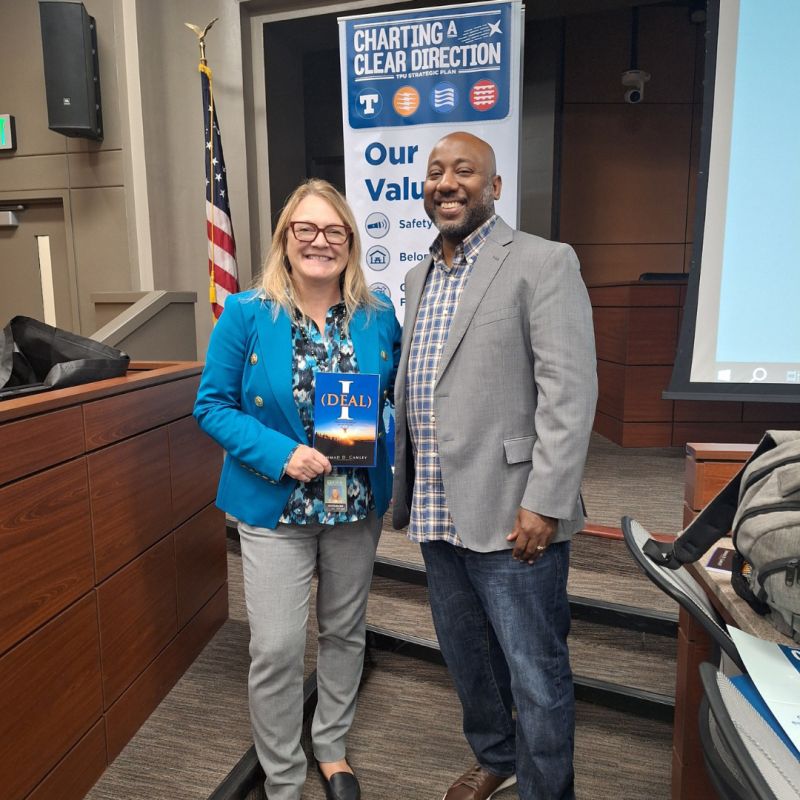
 perspectives. These are the moments that remind us why organizational transformation is so powerful – and so personal.
perspectives. These are the moments that remind us why organizational transformation is so powerful – and so personal.

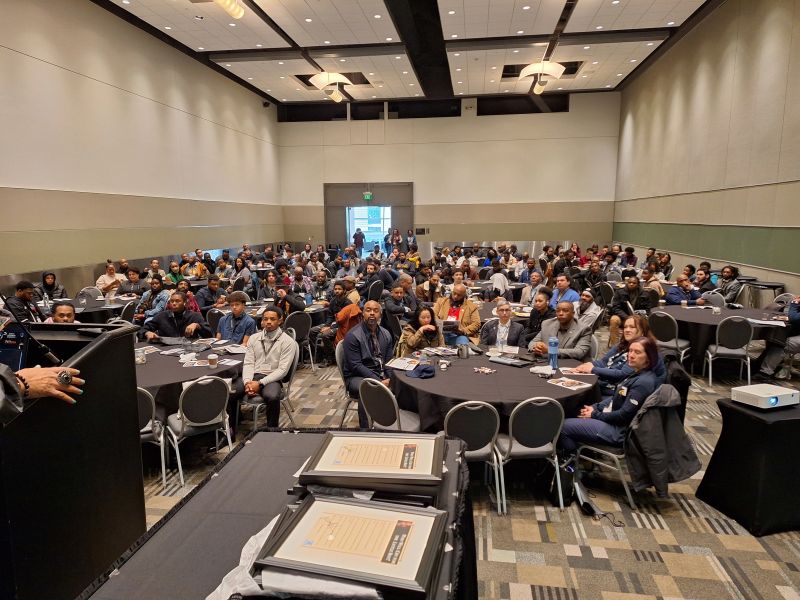
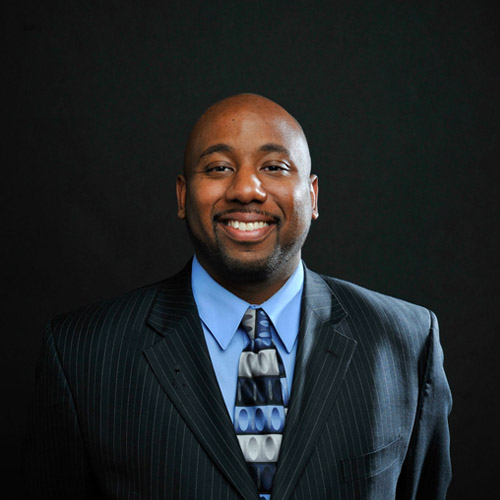
 Key Elements of a Comprehensive DEI Strategy: A Roadmap for Change
Key Elements of a Comprehensive DEI Strategy: A Roadmap for Change
